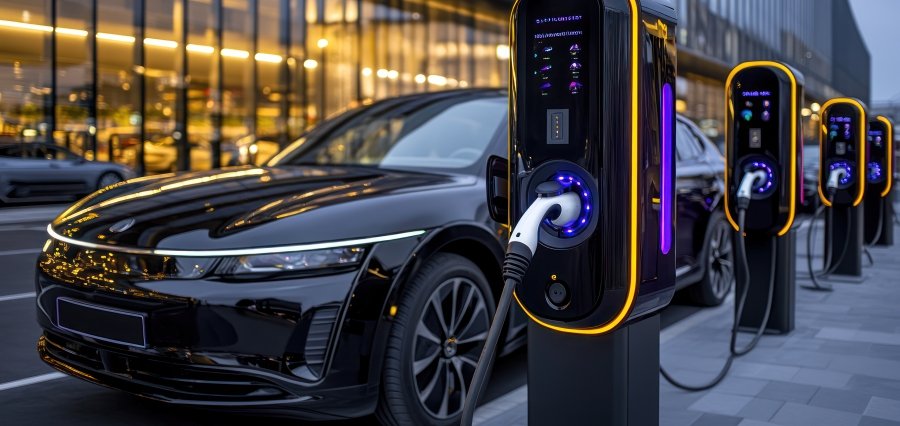Prime Highlights:
- Chicago EV sales rose more than 50% during Q1 2025, necessitating a mass build-out of public EV charging infrastructure.
- The “Chicago Moves Electric Framework” prioritizes fair access, focusing on underserved neighborhoods and including community engagement.
Key Facts:
- The city will install 2,500 public EV charging points and charge its entire municipal vehicle fleet by 2035.
- A $15 million federal grant is facilitating the build-out of EV infrastructure, with equity and community involvement.
Key Background:
Chicago is seeing a sharp surge in the adoption of electric vehicles (EVs) with battery electric vehicle (BEV) registrations up more than 50% during the first quarter of 2025 over the same period last year. The city’s public charging infrastructure has not kept pace with the growth. Most charging stations installed are all in affluent neighborhoods, with South and West side neighborhoods being under-served. These communities are also at higher risk for air and other environmental dangers, which increase the demand for equal access to clean transportation choices.
As a return favor, Chicago Department of Transportation (CDOT) has proclaimed the “Chicago Moves Electric Framework,” a master plan to increase EV infrastructure in the city. In accordance with the plan, Level 2 and DC fast charging stations would be mounted at public facilities like libraries and Midway Airport for private EVs, electric taxis, ride-hail vehicles, and commercial fleet cars.
One of the framework’s most important elements is equity. The plan is endeavoring to close the charging station locations gap by initially investing in long-time disinvested communities. That is the step towards getting the electric transportation alternatives to all Chicagoans regardless of background.
To further aid in this growth, the city was awarded a $15 million federal grant. The grant will simplify the installation of charging stations in public locations and pay for workforce training in electric mobility. The grant supports the city’s objective of curbing carbon emissions and encouraging sustainable transportation.
Chicago is planning, in the future, to deploy 2,500 city-owned passenger EV charging points and power its entire municipal vehicle fleet by 2035. These actions are consistent with broader state and national goals to end climate change and drive clean energy solutions. These means, Chicago will lead the way to construct a cleaner, more just future for transportation.
Read Also : Landmark Minerals Agreement Strengthens US Ukraine Ties








